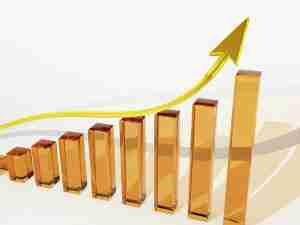The EU is expected to revive trade talks with Argentina, Brazil, Paraguay and Uruguay at a summit this week in Madrid with Latin America. The talks were suspended in 2004.
A report by Spain's COAG union estimated farm produce already accounted for 50 percent of Mercosur exports to the European Union and that this would rise further if trade barriers are lowered.
COAG said EU farmers could not compete with South American labour costs and also had to comply with stringent EU animal health and environmental regulations.
Citing unnamed EU sources, the report said European producers would consequently lose 3 billion-5 billion euros ($3.7-6.2 billion) a year due to increased imports of sugar, meat, fruit and horticulture from Mercosur, it added.
"Increased competition in these products will doubtless have a catastrophic impact on our model of production, which is basically family farming," COAG Secretary General Miguel Lopez told journalists in Madrid.
"When these products become scarce, then we will find out what they are really worth," he added. "This is not in the interest of consumers."
COAG said European livestock farmers would be able to import cheaper grain from Mercosur, which provides 66 percent of the protein-rich soya used to make animal feed in the EU, but would not be able to compete with South American meat.
"A decline in EU meat production would thus reduce the demand for cereal production and reduce internal prices," the report said.
The union's concerns echoed those of farm ministers from France, Italy and Ireland, who said in Brussels that they were opposed to an EU-Mercosur deal.
Brazilian Farmers Uninterested
COAG predicted small farmers in South America would not benefit from a trade deal either, because it would speed up a trend already under way in Mercosur countries to concentrate land in the hands of large agribusiness firms.
"How can we talk about free trade and competition when 10 firms have cornered the world agribusiness market?" Janiana Stronzake, of the MST, Brazil's largest landless peasant group, said.
"We're not interested in liberalising trade this way, or in these treaties," she added.
COAG further predicted that a trade deal would harm the environment in Mercosur by boosting soy production, which would affect soil fertility, and by cutting down forests to make way for grazing land for livestock. (Reuters)








